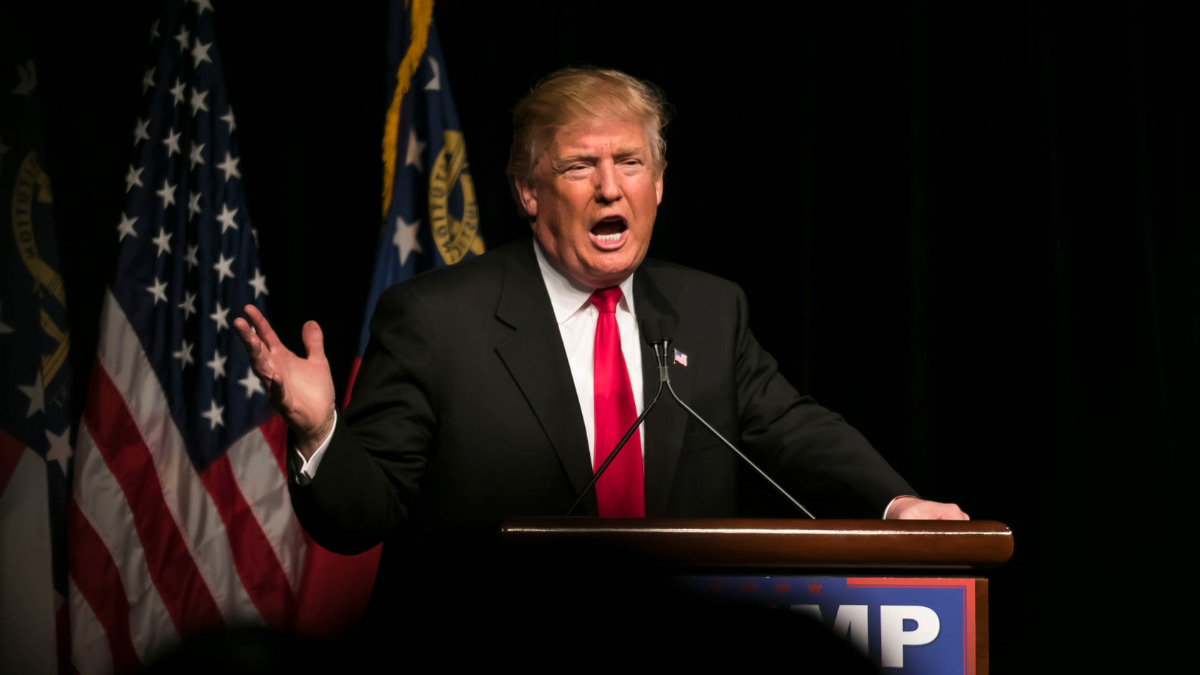Official Washington and the national press have been abuzz over the blatant dissing that the Trump administration received at the recent Munich Security Conference, a bastion of the Transatlantic security establishment. Most op-ed columnists and foreign policy pundits, of course, side with the Europeans. They share the fear that the United States is turning inward and abandoning its European allies, thus leading to the collapse of the post-World War II international order that U.S. military power created and sustains. However, a more strategic outlook is needed—one that looks beyond a single-minded focus on the traditional support for U.S. allies in Europe.
U.S. President Donald Trump has correctly railed against the idea that the United States should be the world’s policeman. An end to the costly defense of now wealthy allies should mark the beginning of the search for a more cost-effective U.S. strategy. Despite the country’s considerable indebtedness, the U.S. foreign policy and defense establishments have every incentive to blithely continue to demand their due—just like any other interest group.
Of course, the Europeans are upset that Trump is calling them out on their free-riding. Simply asking them to pay more will not accomplish much, but neither will the insistence of the U.S. security-policy elite that we are mistreating our allies through Trump’s demands and his administration’s tone. Deep down, the Europeans know better than the U.S. elite that Trump’s inward turn is not in itself the problem. Rather it connects to an American public that has become rightfully exhausted with the never-ending wars in Afghanistan and Iraq, and other brushfire entanglements in places such as Pakistan, Syria, Libya, Somalia, Yemen, Chad, and Niger.
Wealthy European nations are perfectly capable of building up their militaries and acting as a bulwark against Russia. Their combined economies compare in output to that of the United States, while the economy of their main adversary, Russia, compares to that of Spain. However, they won’t spend any extra money so long as the U.S. security guarantee through NATO is in place.
Thus, Trump is right to question NATO, but he is wrong to attack the European Union. The original European institutions—the core of today’s European Union—were formed as a security, not an economic, alliance. After World War II, France’s enlightened strategy was to hug Germany and embed it economically in Europe, so that Germany would less likely become a resurgent security risk. That policy has worked well for both Europe and the United States. Trump should lay off the European Union, because if the United States is questioning its traditional security guarantee to Europe, the EU should provide the building blocks for a European-wide defense force.
Trade and sanctions
Also at the Munich conference, German Chancellor Angela Merkel properly challenged Trump’s ill-advised protectionist trade war policies and bluntly rejected Vice President Mike Pence’s demand for that Europe join the United States in its thoughtless withdrawal from the nuclear deal with Iran and its resumption of sanctions on Tehran. The Europeans, less beholden to the interests of Israel and Saudi Arabia, are better positioned than the Trump administration to understand that the verifiable agreement at least delays an Iranian nuclear weapon by a decade or more.
Strangely, for a man who correctly wants to end exhausting wars such as those inSyria and Afghanistan, Trump is being sucked ever deeper into what could turn out to be a Venezuelan quagmire. He had Pence demand in Munich that the Europeans recognize the Venezuelan opposition as the legitimate government of that country, as the United States has done. Trump has continued to threaten military action against the Maduro regime there, warned the Venezuelan military not to use violence against peaceful protesters, and demanded that it switch sides from Maduro to the opposition or lose everything defending socialism. It is an understatement to say that Maduro has made a mess of the Venezuelan economy, but the Europeans would be wiser to stay out of Venezuela’s internal affairs, as would Trump. No good military option exists there, and it is best to let Venezuelans decide whether and how to topple their own government. Indeed, Trump’s inward-looking security policy may not be inward enough. He occasionally shows strains of belligerence, and these could drag him back into the very role of global policeman that he eschews.
In short, Trump should listen to the Europeans on Iran, Venezuela, Syria, and trade. The Europeans should heed Trump’s loud warning that the United States, bound by financial constraints, will do less in Europe and around the world. This will require the Europeans to dramatically step up their game in the security field.

















